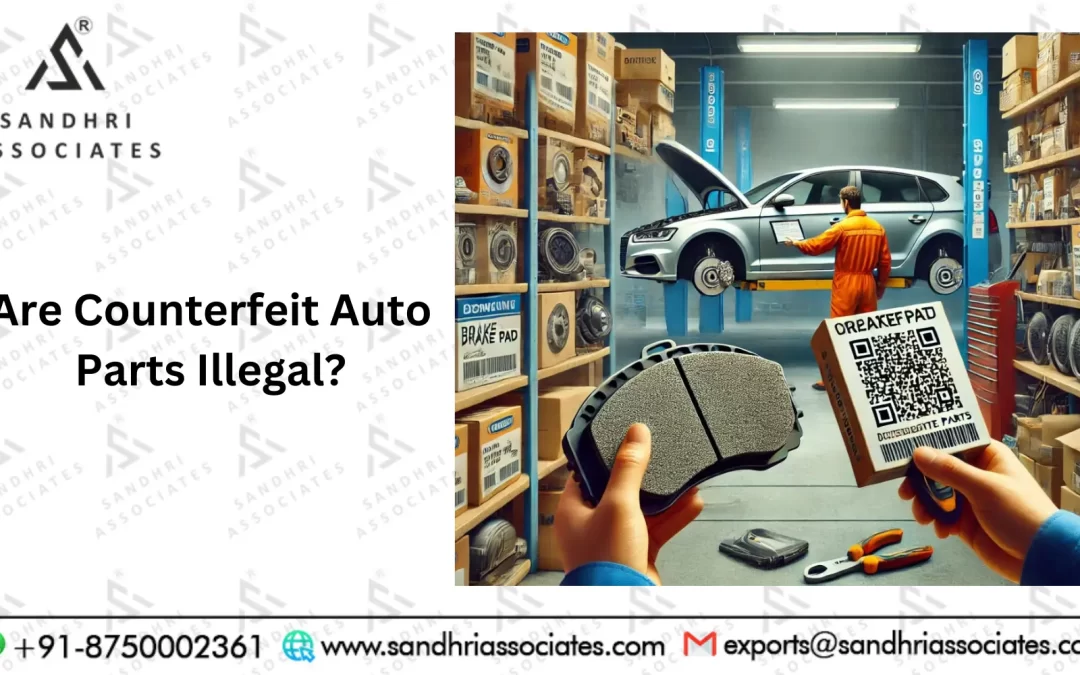Are Counterfeit Auto Parts Illegal?
Overview
Counterfeit auto parts refer to unauthorized replicas of genuine components, often marketed as affordable alternatives to original equipment manufacturer (OEM) parts. These parts are typically produced without adhering to industry standards and may violate intellectual property laws. Globally, counterfeit auto parts contribute to significant revenue losses for manufacturers and pose various risks to consumers.
Legal frameworks in most countries classify counterfeit auto parts as illegal due to the risks they pose to consumer safety and intellectual property infringement. The penalties for producing, selling, or purchasing such parts can range from hefty fines to imprisonment, depending on local regulations.
Risks of Using Counterfeit Auto Parts
The dangers of counterfeit auto parts extend far beyond financial losses. Here are some of the major risks:
- Safety Hazards: Counterfeit parts are often made from substandard materials, leading to frequent failures. For instance, counterfeit brake pads may lack the necessary friction properties, causing accidents.
- Legal Consequences: Involvement in the counterfeit supply chain, whether as a seller or buyer, can lead to legal action. In some jurisdictions, even unknowingly using counterfeit parts could lead to vehicle impoundment.
- Vehicle Performance: Substandard components can adversely affect your vehicle’s performance and reduce its lifespan. For example, counterfeit filters may fail to protect the engine from contaminants.
- Insurance Complications: Using counterfeit parts may void warranties or complicate insurance claims, especially if such parts are implicated in accidents.
How to Prevent Purchasing Counterfeit Auto Parts
To avoid counterfeit auto parts, consider the following tips:
- Buy from Authorized Dealers: Purchase parts directly from OEM-authorized dealerships or reputable retailers.
- Inspect Packaging: Genuine parts often come in high-quality packaging with clear branding and holograms. Look out for spelling errors or poor-quality printing.
- Verify Part Numbers: Cross-check the part numbers with the manufacturer’s catalog to ensure authenticity.
- Beware of Unrealistic Prices: If the price seems too good to be true, it probably is.
- Use Verification Tools: Some manufacturers provide QR codes or serial numbers on their products for verification.
Frequently Asked Questions
While counterfeit parts are illegal in most regions, enforcement and penalties vary by country. Always check local regulations.
Look for signs like unusually low prices, lack of branding, poor packaging, or absence of certification marks.
Contact the manufacturer or a trusted dealer to verify the authenticity of the part. Report counterfeit sellers to authorities.
Penalties include fines, imprisonment, or both, depending on the jurisdiction. Businesses may also face lawsuits from affected parties.
Yes, using counterfeit parts can void warranties as they do not meet the standards set by the vehicle manufacturer.

